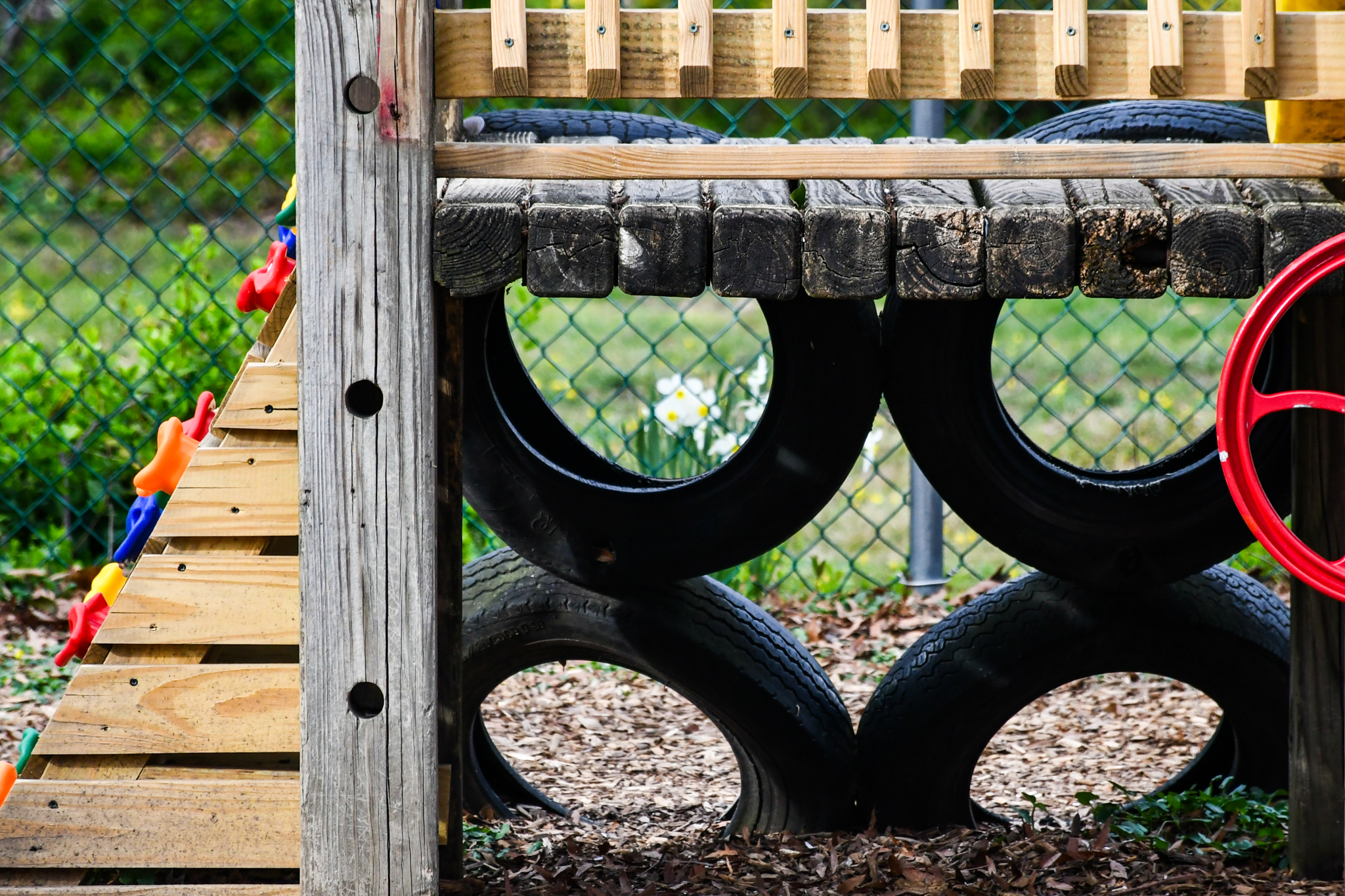Views expressed in opinion columns are the author’s own.
It’s no secret that the juvenile justice system abuses minors. Three of the top juvenile detention centers in Maryland have been deemed dangerous. We are fundamentally failing our children.
We need to change. The current system exposes children to dangers such as assault and poor hygienic conditions. The centers themselves are severely understaffed. Children who are placed in these situations have a higher risk of developing anxiety and depression and are more likely to reoffend.
Unfortunately, Maryland lawmakers just passed a bill that expands the consequences for minors in the system. Expanding probation and deciding on consequences for offenders ages 10 to 12 are some of the expansions detailed in the bill. The situation is only going to get worse unless we turn all juvenile detention centers into comprehensive rehabilitation centers.
We need to focus on the steps we can take to improve our justice system without completely turning it on its head. And there are effective ways to do this — through rehabilitation.
Children have their whole lives ahead of them, and the way they are treated when they are young is pivotal to their futures. Youth incarceration has been proven ineffective when it comes to stopping crime, and if we want to significantly decrease reincarceration rates, then rehabilitation needs to be the default, not an anomaly.
Rehabilitation should include cognitive behavioral therapy, something that could really improve the lives of those in the juvenile justice system. It can help with impulse control, critical reasoning and social skills — all of which can lead to crime when neglected. Children are still learning, and they should have an opportunity to recognize their mistakes and learn from them. Cognitive behavioral therapy can give them that chance, allowing them to see that they are not defined by mistakes made in their childhood.
Education is another area of support that cannot be ignored, and is currently actually one of the few things that correction centers sort of get right. However, only 13 states have juvenile correction center educational services on par with the rest of their community, and out of those, only eight offer vocational training. Placing higher emphasis on education within these justice systems could help children get better jobs and opportunities in the future, which reduces the risk of rearrest.
Punishment should be a method of holding people accountable — not abusing them.
This is not to say that punishment should be disregarded entirely. Someone bringing harm to their community or those around them should not get off scot-free, no matter their age.
But many detention centers degrade the children held there and treat them as less than people.
Aggressive punishment becomes extremely problematic when we recognize that Black youth are five times more likely to be held in juvenile detention centers than their white counterparts. Expanding this prejudiced system’s reach is only going to perpetuate racism and abuse that is already too common.
Instead of expanding consequences and trying to address juvenile crime through punishment and abuse, the state must help minors and their families secure jobs and safe places to live. The federal government has a “second chance act” that provides grants for comprehensive reentry plans. While this is a step in the right direction, the grants must be applied for and the competition is competitive.
These grants and programs should be commonplace in every detention center. Assistance in the job and housing search can greatly benefit those making the transition back into their community, especially those who were young children at the time they entered.
America as a whole is extremely focused on justice, with 58 percent of respondents in a November Gallup poll responding that we are “not tough enough” on crime. The real issue, however, is that people don’t see the effects that abuse, negligence and a lack of support does to a child in the system. To be truly “tough on crime,” we need to give support where it is needed to prevent people from turning to crime because they don’t see a way out.
Severe punishment is not the way to treat minors and will only lead to high reincarceration rates and broken communities. Every child should feel like they have potential, and that they are loved and supported — even after poor decisions.
Isabella Cusack is a sophomore English and Public Policy major. She can be reached at icusack@umd.edu.



